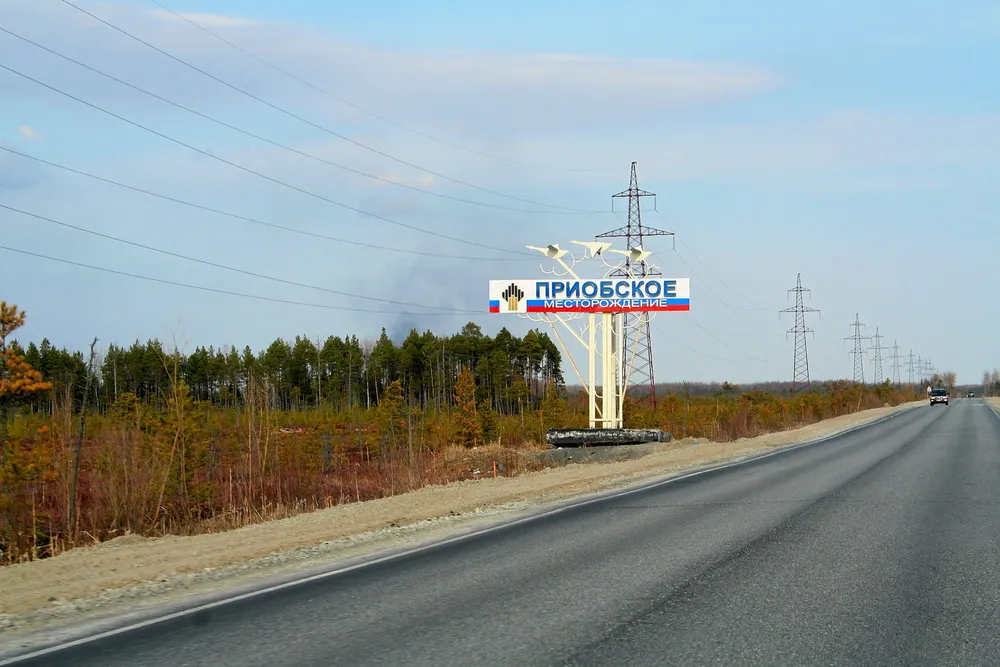Rosneft's strikes massive tax concession deal for West Siberia oilfield
Russian largest oil producer agrees with country's Finance Ministry to start the scheme in exchange for providing commitments to reverse the decline of oil production at this large deposit in West Siberia
